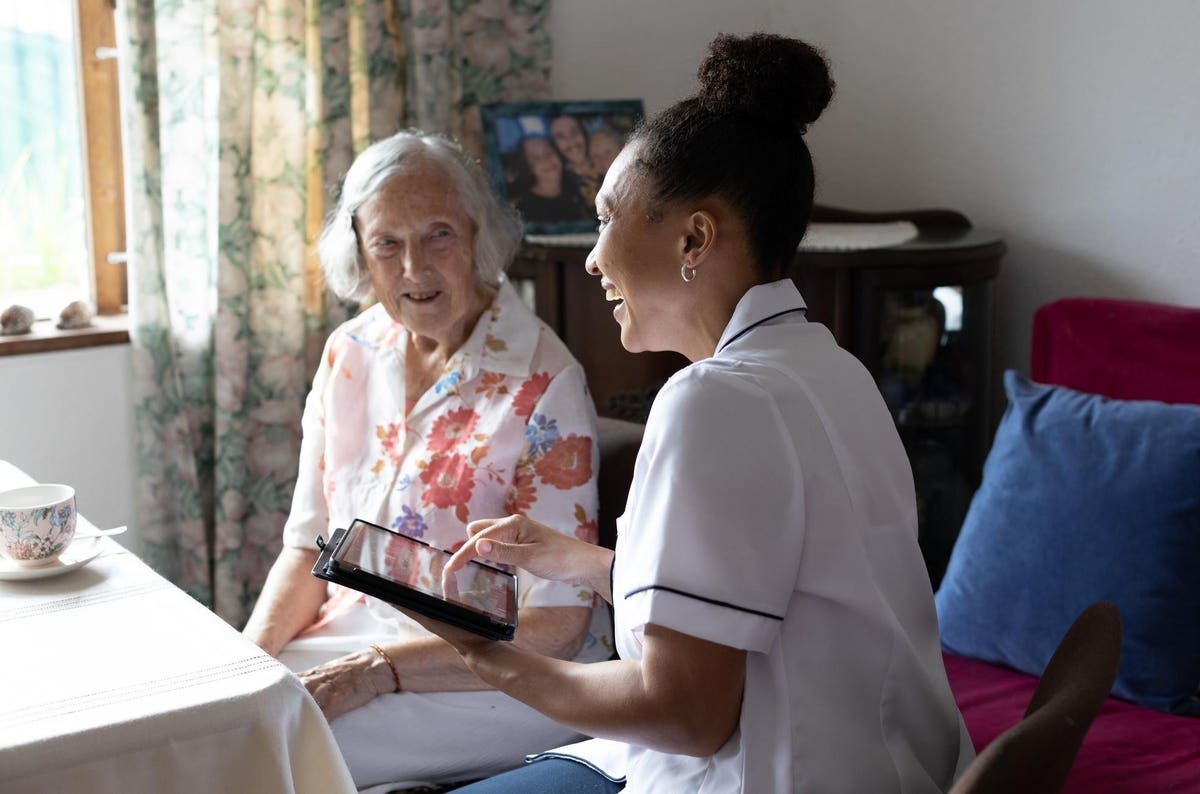
@ShahidNShah


Hospital readmissions are a stubborn and complex problem; roughly 18% of all Medicare patients end up back in the hospital within a month of leaving, and many of these readmissions are preventable. There’s now a growing interest in automating these strategies through AI and digital technologies to provide better post-hospital care in the home. However, gaps in the infrastructure may contribute to miscommunication and result in delays in information sharing with patients. Yet, we must be careful to follow the evidence and not simply invest in digital solutions without exercising appropriate diligence. Transitional care management (TCM) programs were developed to assist patients leaving the hospital but traditionally depend on highly manual processes. The most widely used approach, known as the "Coleman model," is a four-week process that often includes one hospital and one home visit and a series of follow-up phone calls with a designated care manager overseeing the transition plan.
Hospital readmissions are a significant issue, with around 18% of Medicare patients returning to the hospital within a month of discharge, many of which are preventable. To address this, there is a growing interest in utilizing AI and digital technologies to automate strategies for improved post-hospital care at home. However, challenges in infrastructure may lead to communication gaps and delays in sharing information with patients. It is crucial to proceed cautiously, relying on evidence-based approaches rather than blindly investing in digital solutions. Transitional care management (TCM) programs, such as the "Coleman model," offer manual processes, typically spanning four weeks and involving hospital and home visits, along with follow-up calls by a designated care manager overseeing the transition plan.
Continue reading at forbes.com
During the COVID-19 pandemic, policies supporting telehealth use led to enhanced access to healthcare. To allow providers to extend and patients to receive virtual care, these changes in legislation …
Connecting innovation decision makers to authoritative information, institutions, people and insights.
Medigy accurately delivers healthcare and technology information, news and insight from around the world.
Medigy surfaces the world's best crowdsourced health tech offerings with social interactions and peer reviews.
© 2025 Netspective Foundation, Inc. All Rights Reserved.
Built on Mar 28, 2025 at 1:45pm